
Sometimes it’s hard to let go and move on.
Why is it so difficult to let go of experiences that have caused us pain and suffering?
Why do we hold on to the past?
How you deal with this pain is the key to overcoming its destructive power. But what’s it all about, and how do we deal with it and move on?
LETTING GO
Letting go of pain is vital, but it’s not always the easiest thing to do.
Failed relationships, past mistakes, bad decisions and even worries about the future can consume us if we are not vigilant.
We are often too attached to the thoughts and feelings that are causing us pain. We have become attached as they feed our egos and reinforce the stories of our past. We can end up replaying events weeks, months or even years after they have happened.
Often telling someone to “just move on” is like telling an alcoholic to “just give up drinking”.
It seems pretty masochistic, so why do we do it?
WHY DO WE HOLD ON TO PAIN?

Events that have emotions attachments will stick with us far more than normal everyday activities. Take for example a funeral you may have been to, especially if it was a close friend or family member. Or think back to a painful relationship breakup. Chances are you can visualise these events more clearly than what you did even a week last Thursday, and they will come with a certain amount of emotional charge too.
Perhaps it’s a survival mechanism, maybe in the past forming an acute awareness of things that we perceive will cause us harm has some kind of benefit. Certainly we are pattern forming creatures, and we will see things that aren’t necessarily there if the perception we come up with fits into the internal model of the world we formed when we were young.
It may well be that we are conflating events in our current lives with previous events that stir up similar emotions, and we end up reliving painful events from our past.
When destructive and consuming thought patterns get stuck in our heads they limit our true potential.
Think of the mind as a container that has limited capacity. If the container is full of negative, repetitive thoughts there is less room for positive, constructive ones. When your thoughts become overwhelmingly negative then this is when trouble can begin.
Realising this is the first step… and what you do next is key. If your mind is plagued by negative emotions then it’s time to go to work. The following is a step by step guide to getting to moving on.

BE MINDFUL
Being aware of what is going on in your head is the first step to freeing yourself from these painful emotions. Mindfulness will help you develop compassionate awareness of your own mental state.
If you are not aware of what is going on then you are way more likely to replay negative scenarios over and over in your head as you remain lost in thought.
Practice mindfulness regularly to get in touch with your emotions. This will help to give you space to think clearly and make rational decisions.
PRACTICE NON-JUDGEMENT
It’s ok to feel crappy about situations, especially if your mind is backfiring.
When you understand the process that’s going on in your head it becomes a little easier to accept that there may be a good explanation for feeling the way you do.
Judging yourself for having these emotions only causes further friction in your mind as you battle against them. Accepting these emotions as a part of life allows you to witness them and examine them in closer detail, potentially uncovering their true meaning.
OWN YOUR EMOTIONS
Stop blaming others for your current mental state.
Taking responsibility for your thoughts can be incredibly liberating. The realisation that you have ultimate control over how you are feeling.
Handing over responsibility for your own emotions to the actions of others will ensure that you stay the victim, and rob you of the power to change the way you are feeling.
Ok so, the actions of someone else might have made you feel bad but it’s your interpretation of events and your, often, subconscious decision to feel pain that is causing you such trouble.
If you stop at the point of blaming others for your discomfort, if this is the end of the road for your self reflection then you will never investigate deeper and uncover the true reason for your pain.
The fact is, blaming others for your pain is only hurting you, and no-one else.
TALK IT OUT
Talk to a friend or relative, or even a professional about your situation. Sometimes the mere act of saying your problem out loud can lead you to come to a breakthrough about where your pain might be stemming from.
RETURN TO YOUR STONE OF LIFE
Take a step back and make your decisions wisely. That part of your mind that is hurting probably wants to lash out and point the finger of blame at others, but this will only cause you to regret your actions further down the line.
Return to your truths of life and make you decisions based on these. It may seem counter-intuitive at the time but when this has all blown over you will be able to look back and know that you have acted in alignment with your values and beliefs.


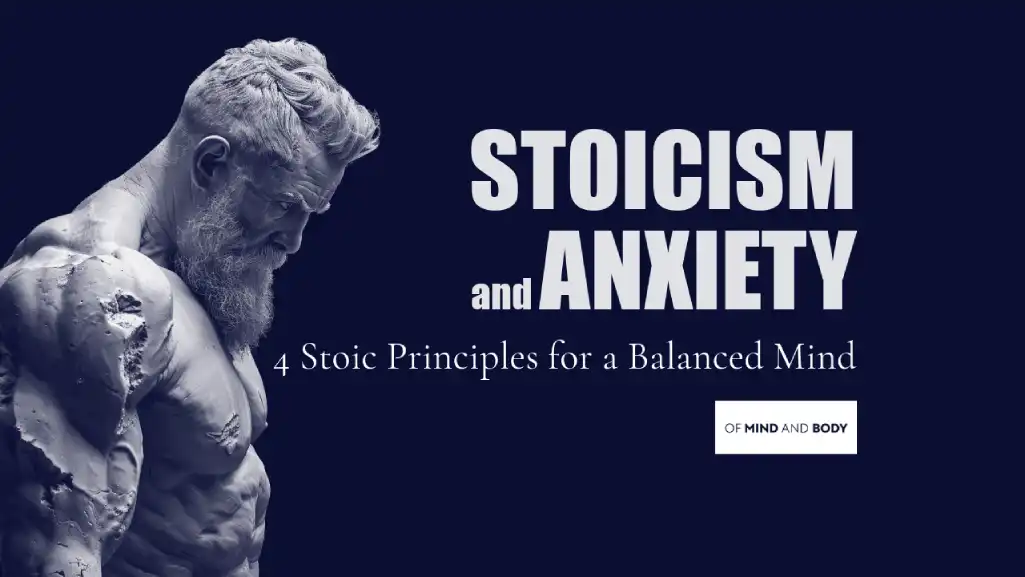
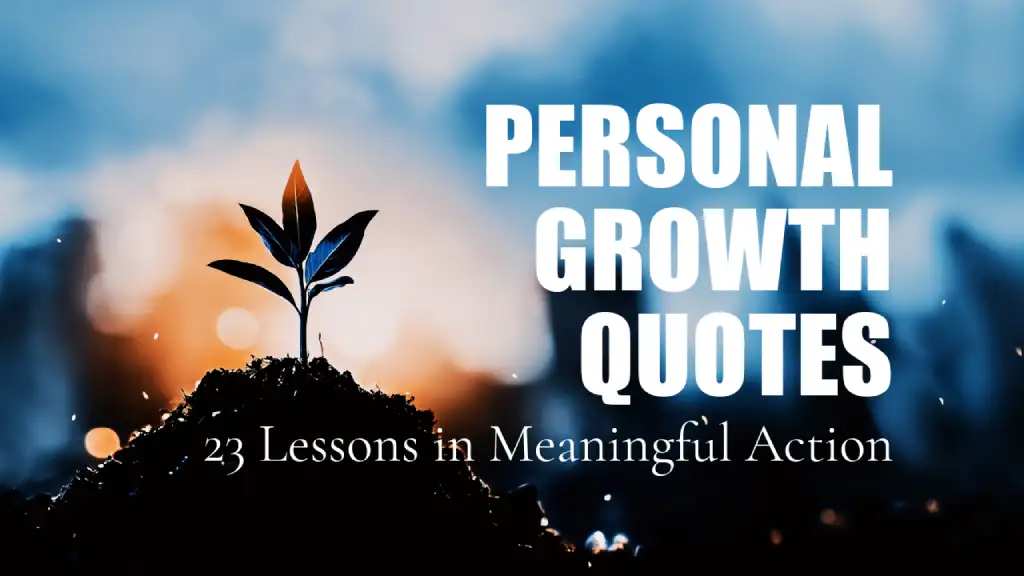

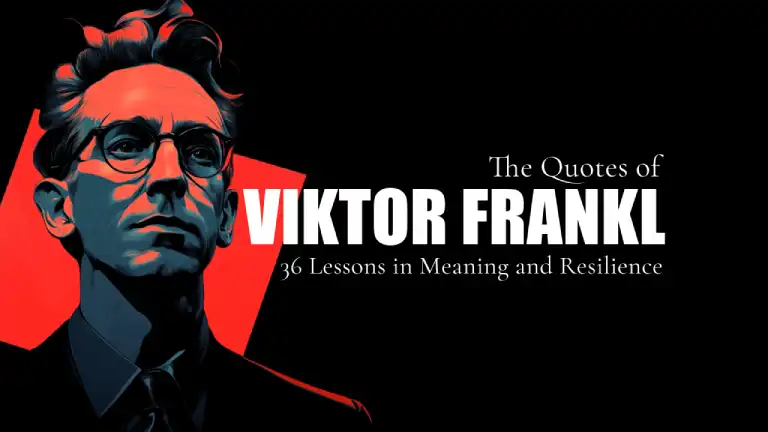
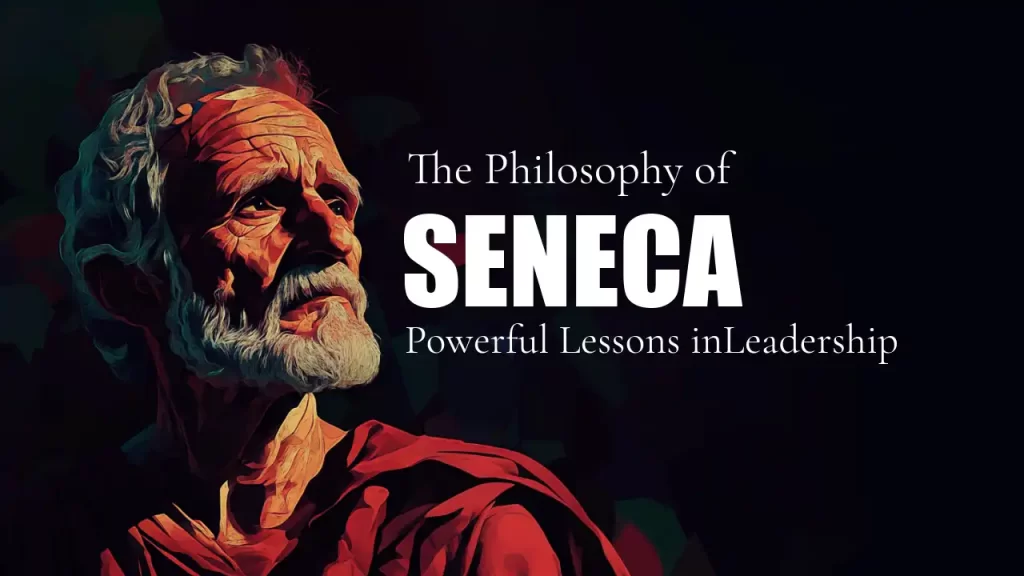

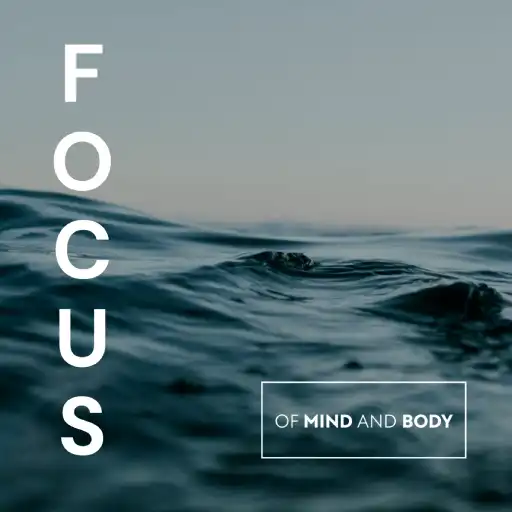
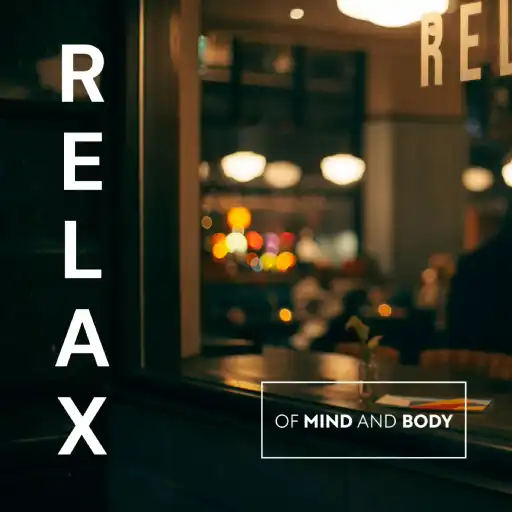
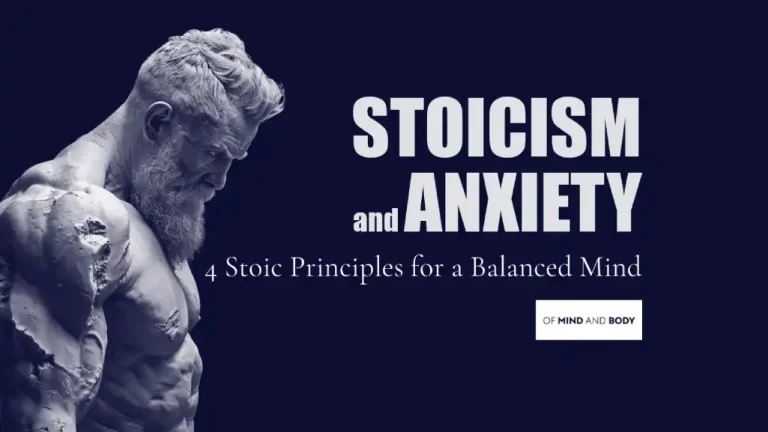
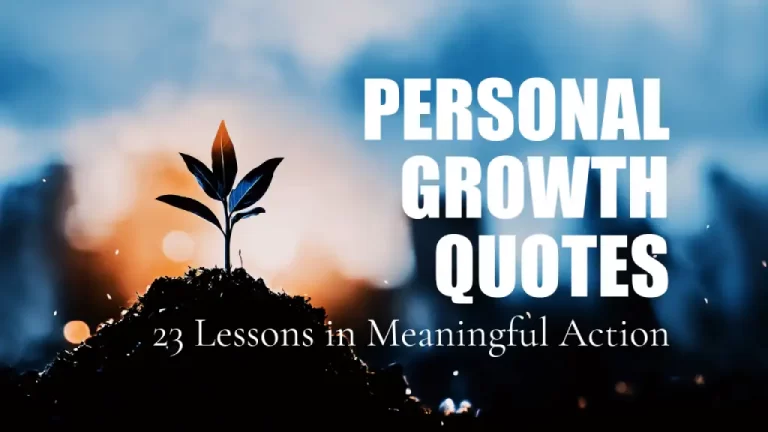

One Response